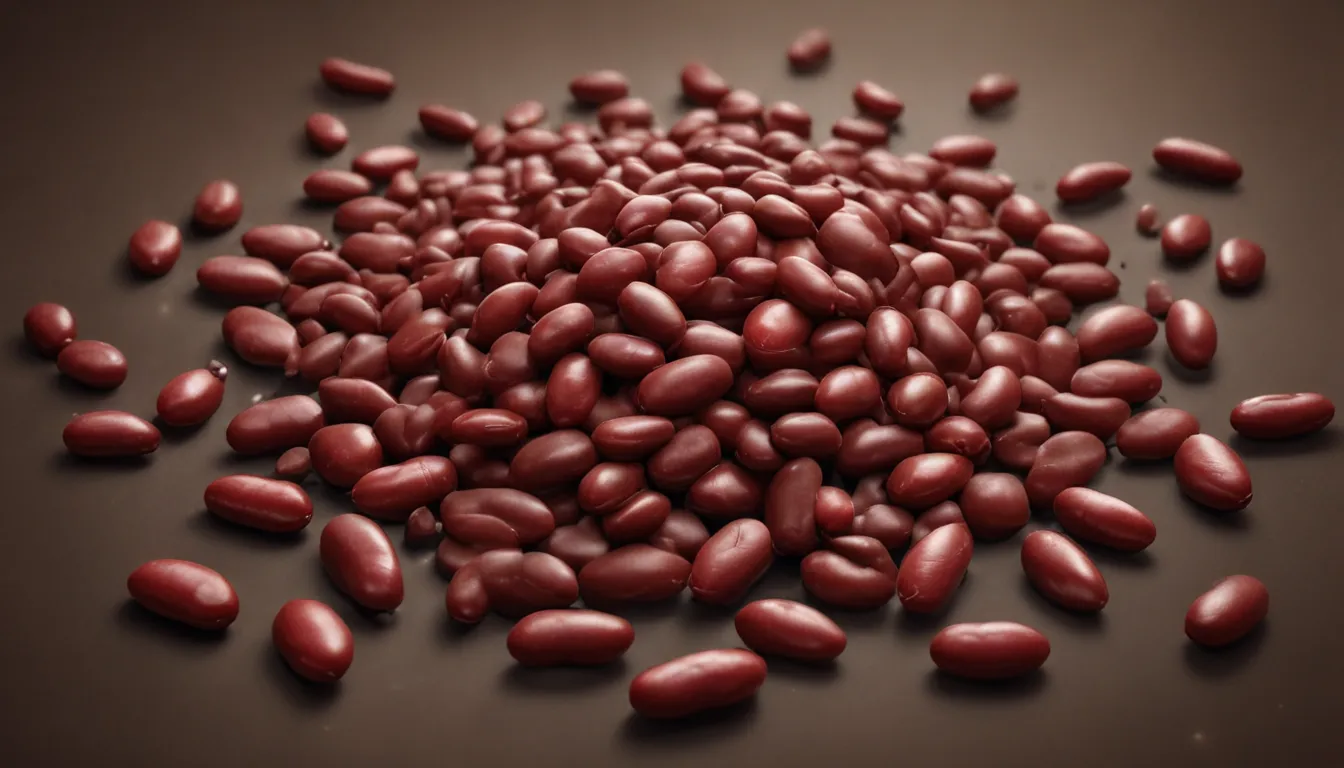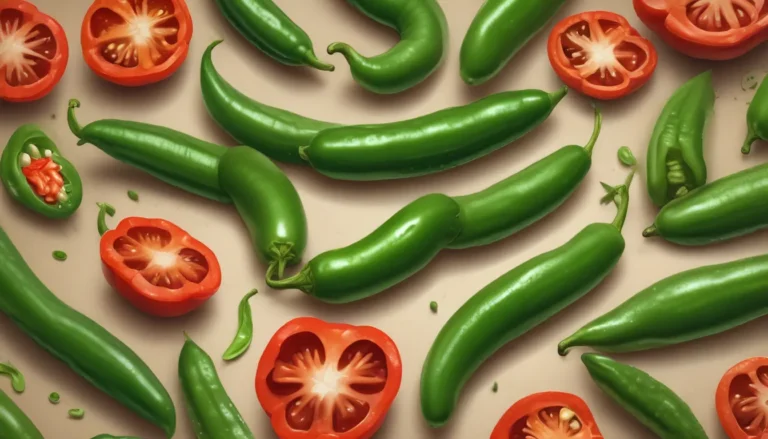The pictures in our articles might not always show exactly what the text is talking about. We use these images to make the article more interesting and eye-catching. They are there to add to the text, but not to replace it or show every detail.
Kidney beans, also known as red beans, are a beloved ingredient in many cuisines around the world. Packed with protein, fiber, and essential nutrients, these small, kidney-shaped legumes offer not only delicious flavors but also a multitude of health benefits. From their origins in Peru to their role in Latin American and Indian cuisines, kidney beans have a rich history and an impressive nutritional profile that make them a superfood worth adding to your diet.
Nutritional Benefits of Kidney Beans
Kidney beans are a nutritional powerhouse, containing essential vitamins and minerals like folate, iron, and potassium. As an excellent source of plant-based protein, they are a great option for vegetarians and vegans. Additionally, their high fiber content supports healthy digestion and weight management, making them a valuable addition to any diet.
Versatile Ingredient in Cooking
One of the most fascinating qualities of kidney beans is their versatility in the kitchen. From soups and salads to chili and stews, these beans can be used in a wide variety of dishes. Whether you prefer red, white, or speckled kidney beans, their mild flavor and tender texture make them a delicious addition to any meal.
The Cultural Significance of Kidney Beans
Originating in Peru, kidney beans have a rich tradition in Latin American and Indian cuisines. In Latin American dishes like rice and beans, kidney beans play a vital role, adding flavor and nutrition to the meal. In Indian cuisine, dishes like rajma masala showcase the flavorful combination of kidney beans and spices, making them a staple in the culinary landscape.
Health Benefits of Kidney Beans
The consumption of kidney beans has been linked to various health benefits, including improved heart health and reduced risk of chronic diseases. Rich in antioxidants, kidney beans help protect the body against oxidative stress, promoting overall well-being. Their high iron content is essential for the production of red blood cells and oxygen transportation in the body.
Cooking Tips and Considerations
To maximize the nutritional benefits of kidney beans, it is important to soak them overnight and cook them thoroughly. This process helps reduce their lectin content, ensuring they are safe to eat. Kidney beans should never be consumed raw, as their naturally occurring toxin, lectin, can cause digestive issues. Proper cooking methods, such as boiling or using a pressure cooker, are essential to neutralize lectin and improve digestibility.
Kidney Beans and Dietary Choices
For individuals following a vegetarian or vegan diet, kidney beans are an excellent source of plant-based protein. Their high fiber and protein content can help promote feelings of fullness and aid in weight management. With their low glycemic index, kidney beans can be a beneficial food for individuals with diabetes, as they have a minimal impact on blood sugar levels.
Exploring the World of Beans
While kidney beans offer a wealth of nutritional benefits and culinary possibilities, exploring other bean varieties can further expand your knowledge and appreciation for these versatile legumes. Cannellini beans, with their creamy texture and mild flavor, make a delightful addition to soups, salads, and Italian dishes. Frijoles, a staple in Latin American cuisine, boast an impressive nutritional profile that supports overall health and well-being. Understanding the unique growth habits and ecological importance of bean plants can deepen your appreciation for the role of beans in our diets and ecosystems.
Conclusion
In conclusion, kidney beans are not just a delicious ingredient; they also offer a wide range of health benefits and culinary possibilities. Whether you enjoy them in a comforting bowl of chili or a flavorful curry, kidney beans are a nutritious addition to any meal. With their rich history, cultural significance, and impressive nutritional profile, these small legumes pack a powerful punch when it comes to flavor and health benefits. So, next time you're planning your meals, consider adding kidney beans to the mix and treat yourself to a tasty and nutritious culinary experience.
FAQs
Q: Are kidney beans good for weight loss?
A: Yes, kidney beans can be a great addition to a weight loss diet. They are low in fat, high in fiber, and packed with protein, which helps keep you feeling fuller for longer.
Q: Can eating kidney beans improve heart health?
A: Yes, kidney beans can help support heart health. Their high fiber content helps lower cholesterol levels, reducing the risk of heart disease.
Q: Are kidney beans safe to eat for people with diabetes?
A: Yes, kidney beans can be a beneficial food for individuals with diabetes. They have a low glycemic index, which means they have a minimal impact on blood sugar levels.
Q: Can kidney beans provide antioxidants?
A: Absolutely! Kidney beans are rich in antioxidants, such as anthocyanins and flavonoids, which help protect the body against oxidative stress and inflammation.
Q: Are kidney beans a good source of iron?
A: Yes, kidney beans are an excellent plant-based source of iron. Iron is essential for the production of red blood cells and helps prevent iron-deficiency anemia.
Q: How should I cook kidney beans to maximize their nutritional benefits?
A: Soak dried kidney beans overnight, then cook them by boiling or using a pressure cooker. This helps reduce their lectin content and improves digestibility.
References
- Unsplash.com
- "10 Hellmanns Nutrition Facts"
- "18 Dum Dums Nutrition Facts You Need to Know"
- "10 HagenDazs Nutrition Facts A Deliciously Nutritious Indulgence"






